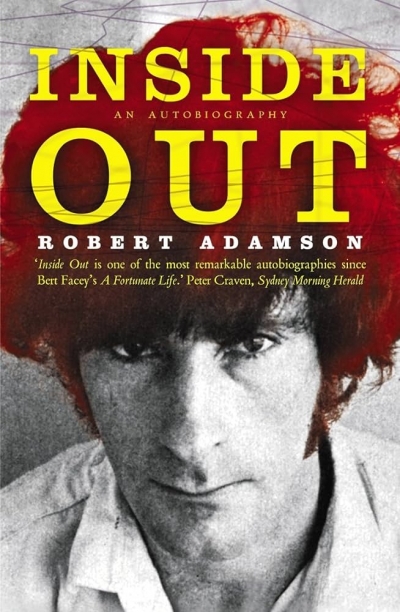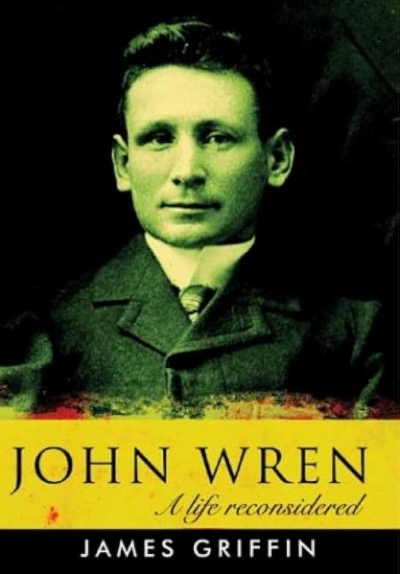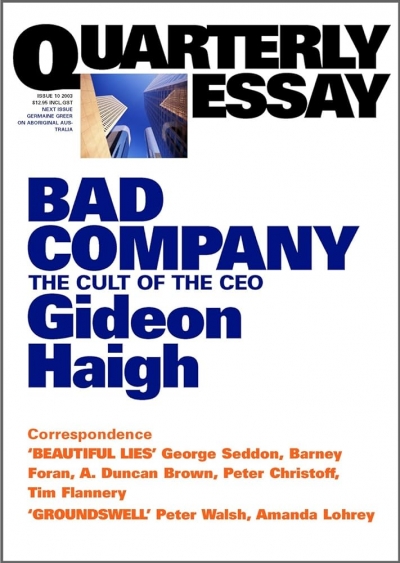Archive
A Bastard of a Place: The Australians in Papua by Peter Brune
Australian Constitutional Landmarks by H.P. Lee and George Winterton
On the Hiryu, Hajime Toyoshima
Starred in the group photos like Andy Hardy,
He was so small and cute.
... (read more)In a much-quoted passage at the end of the General Theory of Employment Interest and Money (1936), John Maynard Keynes remarked, with some whimsy, on the power of policy intellectuals like himself:
... (read more)The ideas of economists and political philosophers, both when they are right and when they are wrong, are more powerful than is commonly understood. Indeed the world is ruled by little else. Practical men, who believe themselves exempt from any influences, are usually the slaves of some defunct economist. Madmen in authority, who hear voices in the air, are distilling their frenzy from some academic scribbler of a few years back. I am sure that the power of vested interests is vastly exaggerated compared to the gradual encroachment of ideas.








